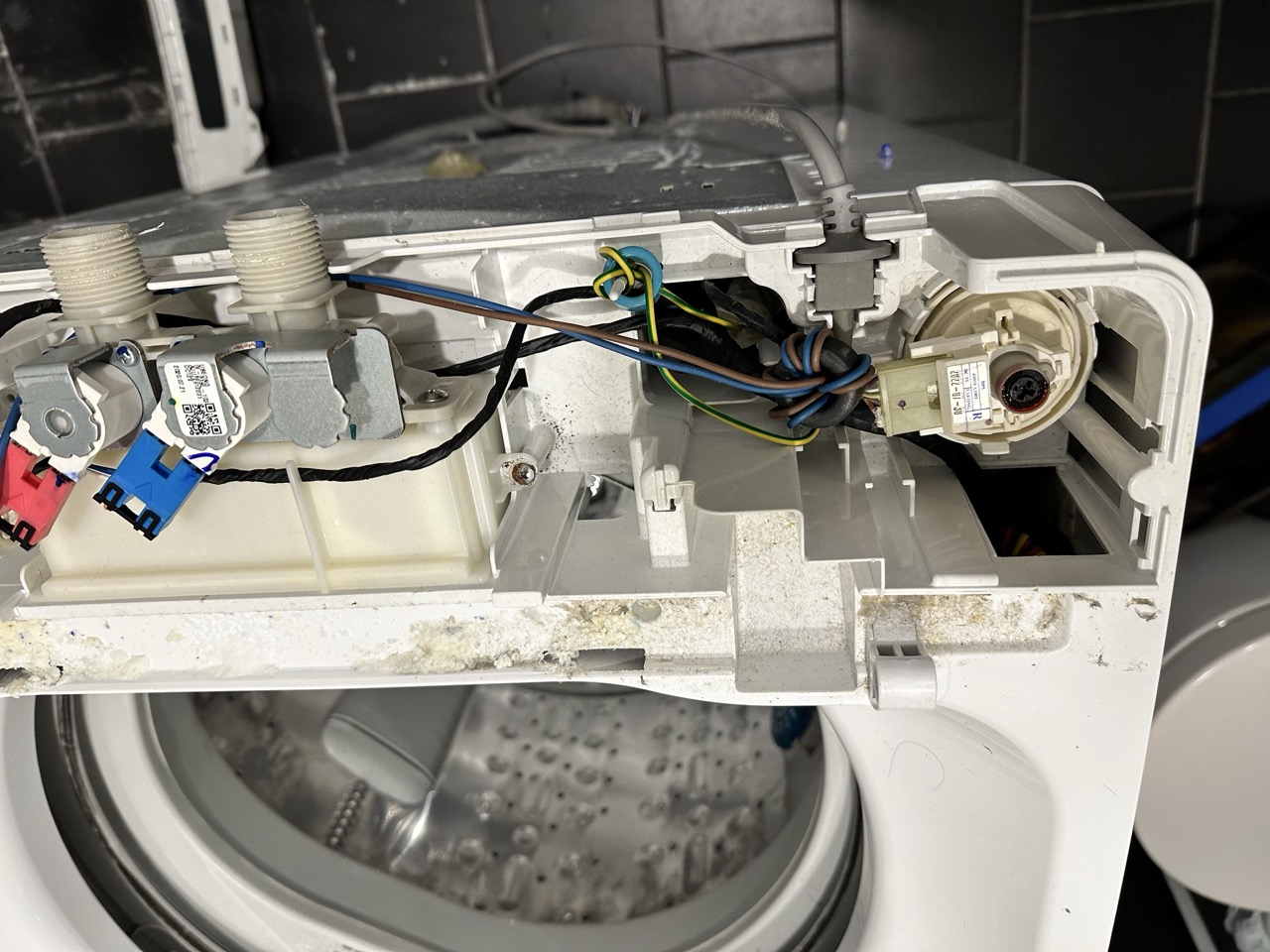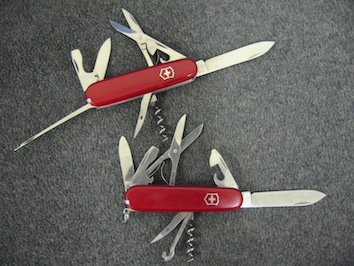Herber Hoover on Engineering
On Engineering - Herbert Hoover
It is a great profession. There is the fascination of watching a figment of the imagination emerge through the aid of science to a plan on paper. Then it moves to realization in stone or metal or energy. Then it brings jobs and homes to men. Then it elevates the standards of living and adds to the comforts of life. That is the engineer’s high privilege.
The great liability of the engineer compared to men of other professions is that his works are out in the open where all can see them. His acts, step by step, are in hard substance. He cannot bury his mistakes in the grave like the doctors. He cannot argue them into thin air or blame the judge like the lawyers. He cannot, like the architects, cover his failures with trees and vines. He cannot, like the politicians, screen his shortcomings by blaming his opponents and hope the people will forget. The engineer simply cannot deny he did it. If his works do not work, he is damned…
On the other hand, unlike the doctor his is not a life among the weak. Unlike the soldier, destruction is not his purpose. Unlike the lawyer, quarrels are not his daily bread. To the engineer falls the job of clothing the bare bones of science with life, comfort, and hope. No doubt as years go by the people forget which engineer did it, even if they ever knew. Or some politician puts his name on it. Or they credit it to some promoter who used other people’s money . . . But the engineer himself looks back at the unending stream of goodness which flows from his successes with satisfactions that few professions may know. And the verdict of his fellow professionals is all the accolade he wants.
Biography
1874 – 1964 By: Tom Longden for Famous Iowans Des Moines Register series on April 20, 2008
Before he was president, Herbert Clark Hoover was an extraordinary humanitarian with an international reputation. Before that he was an engineer who built a fortune. Before that he was a simple Iowa farm boy.
Hoover, the son of a Quaker blacksmith named Jesse and his wife, Hulda, was born at West Branch and orphaned at age 10. He was raised by uncles, first in Iowa and then in Oregon.
He worked his way through Stanford University, earning a degree in engineering, and by 23 was managing mines in Australia. Then, with his bride Lou, whom he had met at Stanford, he went to work for the Chinese Imperial Bureau of Mines. The Hoovers’ two sons became accustomed to traveling the globe.
By 1914, Hoover had a chain of offices all over the world and a $5 million fortune amassed by financing mining operations. He turned to public service, organizing an effort to feed starving masses in war-torn Belgium, at great risk to his own life.
Called “The Great Engineer,” Hoover saw his prestige grow as he became secretary of commerce under Presidents Harding and Coolidge. In 1928, he was elected the 31st president, carrying all but eight states a huge Republican victory.
Hoover took the oath of office in March 1929, when the nation was prospering, but the stock market crashed the following October, and he was blamed as the economy plummeted and unemployment soared. It was a national crisis with no precedent, and Hoover was vilified.
Defeated in the next election by Franklin D. Roosevelt, Hoover retired quietly to his home in Palo Alto to write. He regained stature as the years went by and he became the nation’s respected elder statesman, counseling leaders of both political parties. Hoover, who was the first president born west of the Mississippi River, and his first lady are buried at West Branch.



